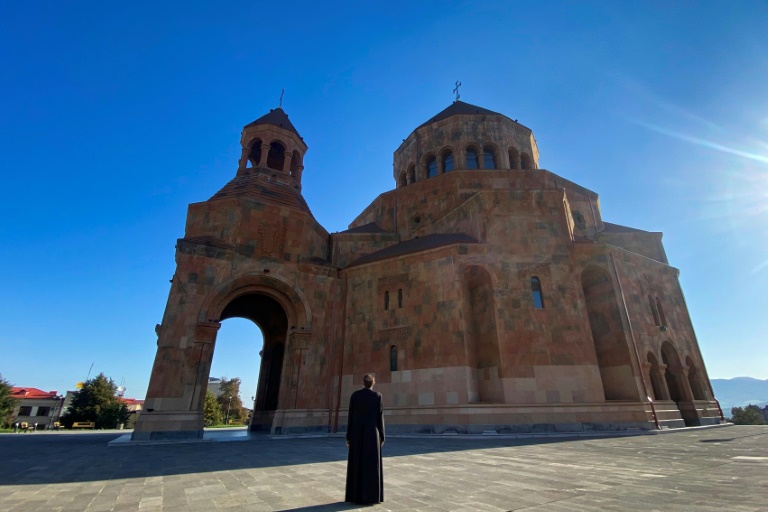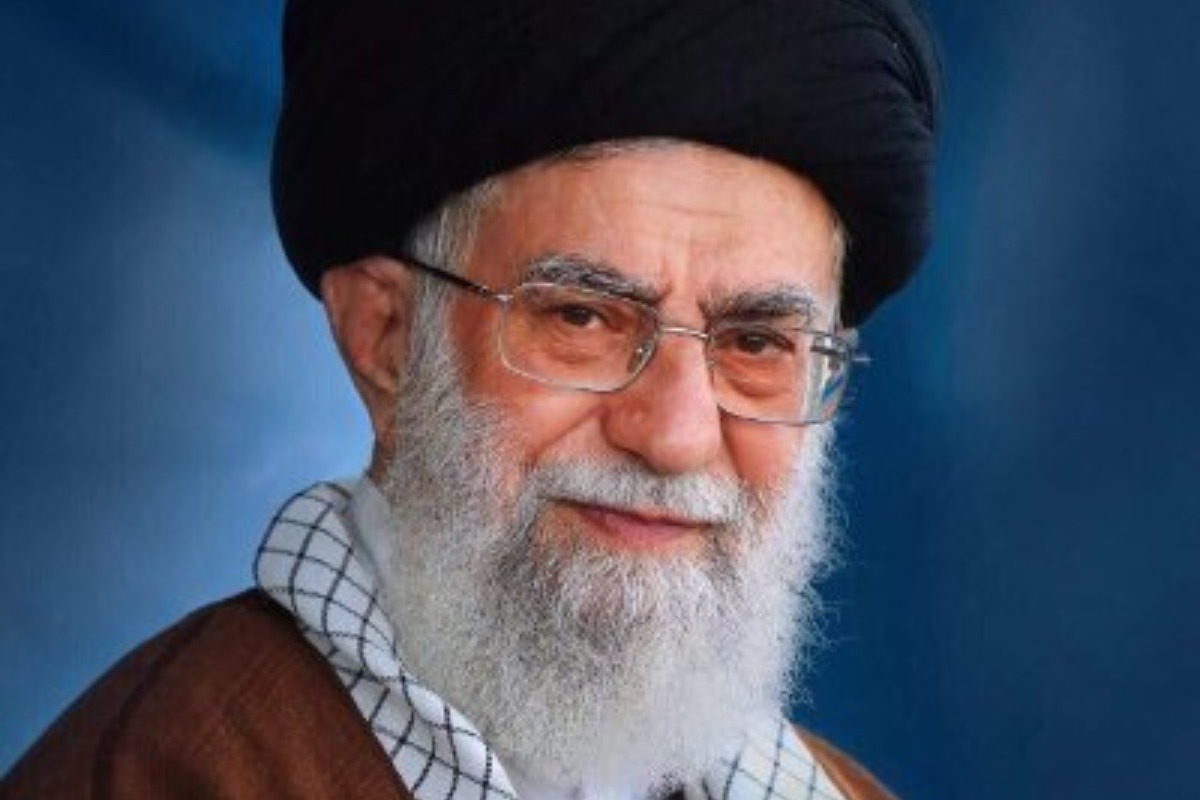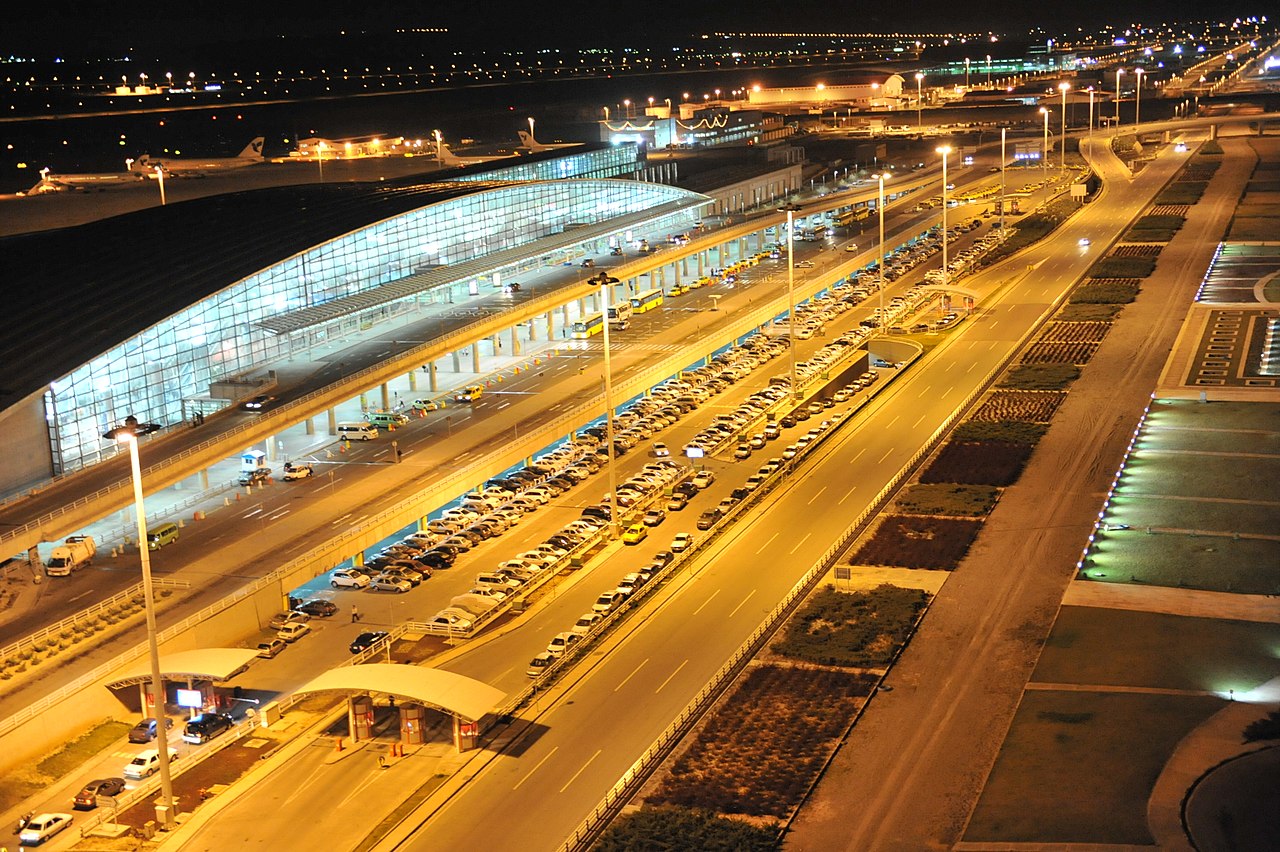Armenia said Wednesday that more than a third of Nagorno-Karabakh’s population has fled the enclave since Azerbaijan crushed the rebels’ decades-long fight for an independent state last week.
Yerevan’s attempts to absorb the sea of homeless and hungry ethnic Armenians come with officials still trying to identify the whereabouts of more than 100 people reported missing in a fuel depot blast Monday that claimed 68 lives.
The fireball erupted as refugees from the rebel enclave of Azerbaijan were stocking up on fuel for the long drive along the lone mountain road leading to Armenia.
The Armenian government said 42,500 refugees had entered since Azerbaijan lifted its nine-month blockade on the enclave on Sunday.
It added that nearly five thousand more were already en route.
That represents over a third of the region’s estimated 120,000 population and marks a fundamental shift in ethnic control of lands that had been disputed by mostly Christian Armenians and predominantly Muslim Azerbaijanis for the past century.
It also adds to the economic strains of Armenia — a landlocked Caucasus country with few natural resources and emerging problems in its longstanding diplomatic and military partnership with Russia.
Pensioner Alekhan Hambardzyumyan was one of hundreds of people trying to survive on the streets of Armenia’s mountaintop village of Goris after fleeing Nagorno-Karabakh this week.
Goris has become the main destination point for the families fleeing their hometowns in beat up Soviet-era Ladas and farm vehicles.
The golden-toothed 72-year-old was spending nights in a shelled-out van and grieving the loss of his son in last week’s fighting.
“I want to go to Yerevan,” Hambardzyumyan told AFP. “But I don’t know what the state can offer me.”
The Armenian government said it had prepared living arrangements for 40,000 families after last week’s fighting broke out.
But Armenian Prime Minister Nikol Pashinyan’s spokeswoman said late Tuesday that the government had so far been able to find housing for just 2,850 people.
The looming humanitarian crisis poses a political problem for Pashinyan.
The opposition agreed to end six days of anti-government protests on Tuesday to allow officials to focus on helping the displaced.
The opposition is also fractured and lacks a single figure who can challenge Pashinyan.
But analysts say the opposition is being spearheaded by Moscow and Nagorno-Karabakh supporters who have roots in the region.
“The influx of refugees will have a serious impact on the domestic political situation in Armenia,” independent political analyst Boris Navasardyan told AFP.
“Armenia lacks resources to deal with the refugee crisis and will not be able to overcome it without assistance from abroad.”
The Red Cross and the United Nations’ refugees agency are trying to organise immediate help.
But Russia is working hand-in-hand with Azerbaijani forces and focused on disarming the separatists under the terms of a ceasefire reached last Wednesday.
The separatists reported the death of 213 people in the one-day fight and Azerbaijan put its toll at 192 soldiers and one civilian killed.
Moscow is now firing daily barbs at Pashinyan for his vow Sunday to pivot away from Armenia’s longstanding alliance with the Kremlin.
Pashinyan has blamed Russia for failing to avert the Azerbaijani offensive and called Armenia’s current foreign security alliances “ineffective” and “insufficient”.
The comments underscored the extent to which the Kremlin’s influence has shrunk across former Soviet republics since it became bogged down in its war on Ukraine.
But Moscow still has an important military base in Armenia and has indicated that it will try to keep Yerevan in its sphere of influence.
Russia’s foreign ministry said on Wednesday that Moscow expected “all agreements on developing bilateral cooperation … to continue to be implemented” in full.
Much of the immediate international aid from organisations such as the Red Cross is being channelled to helping the burn victims of Monday’s catastrophic blast.
The explosion happened while hundreds of people were scrambling to get access to the limited supplies of fuel still available in the region after Azerbaijan’s blockade.
Azerbaijan waved through about 20 Red Cross ambulances on Tuesday and allowed Armenia to ferry some of the victims by helicopter to a burn clinic in Yerevan.
The blast injured 290 people in all. But officials said on Tuesday that 105 remained unaccounted for and some of the victims were still fighting for their lives.
The simultaneous crises have prompted an outpouring of support of the refugees among Armenian civil society groups and regular village residents such as Liana Sakhakyan.
The Goris native set up a table laden with cakes in front of her house to feed the hungry masses.
“When I saw so many people arriving yesterday, I decided to act,” she said.
“The important thing is not just the food: it’s the welcome, a warm atmosphere. This is what the displaced people of (Nagorno-Karabakh) must feel.”
AFP

AFP

AFP

AFP







